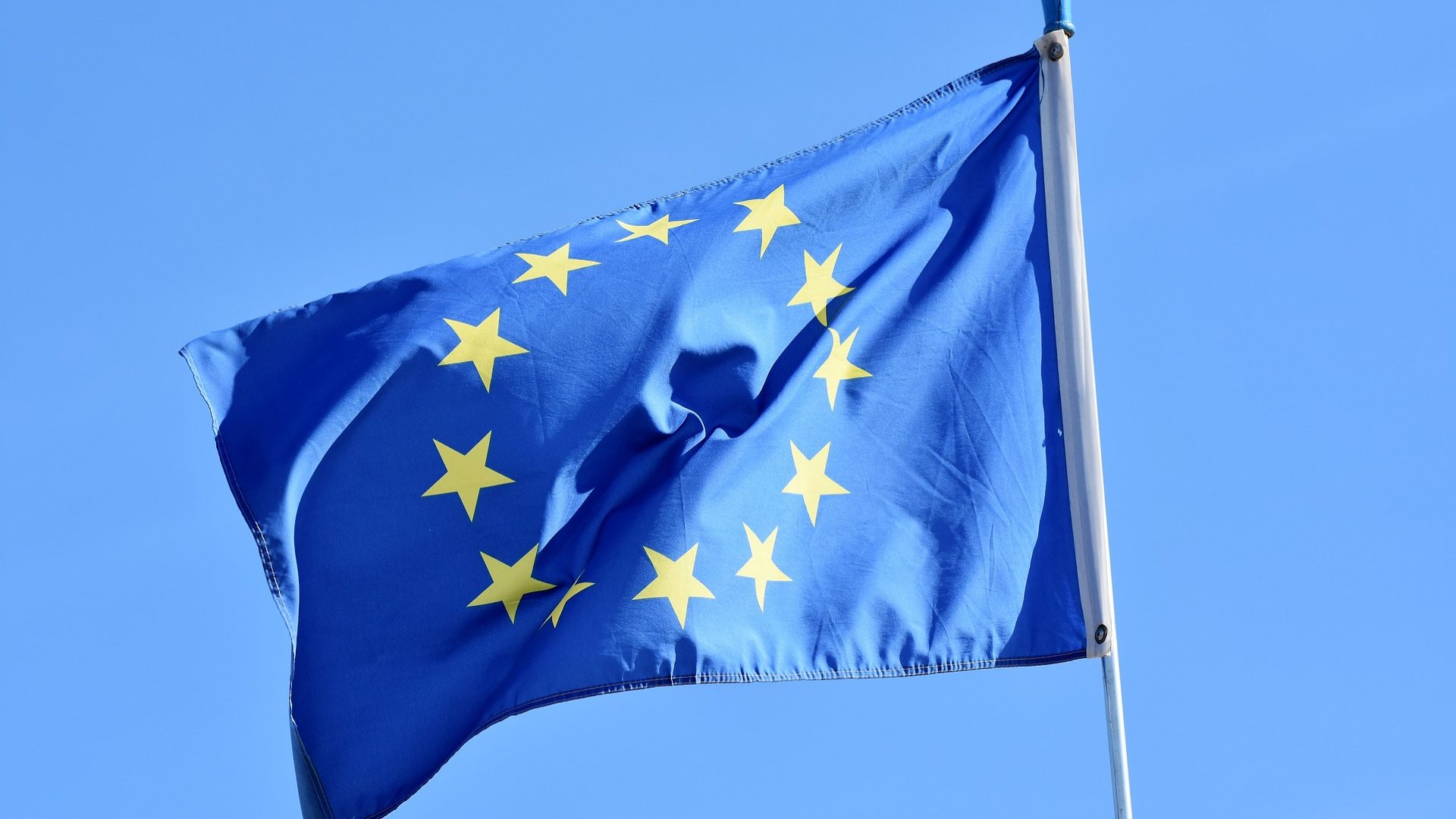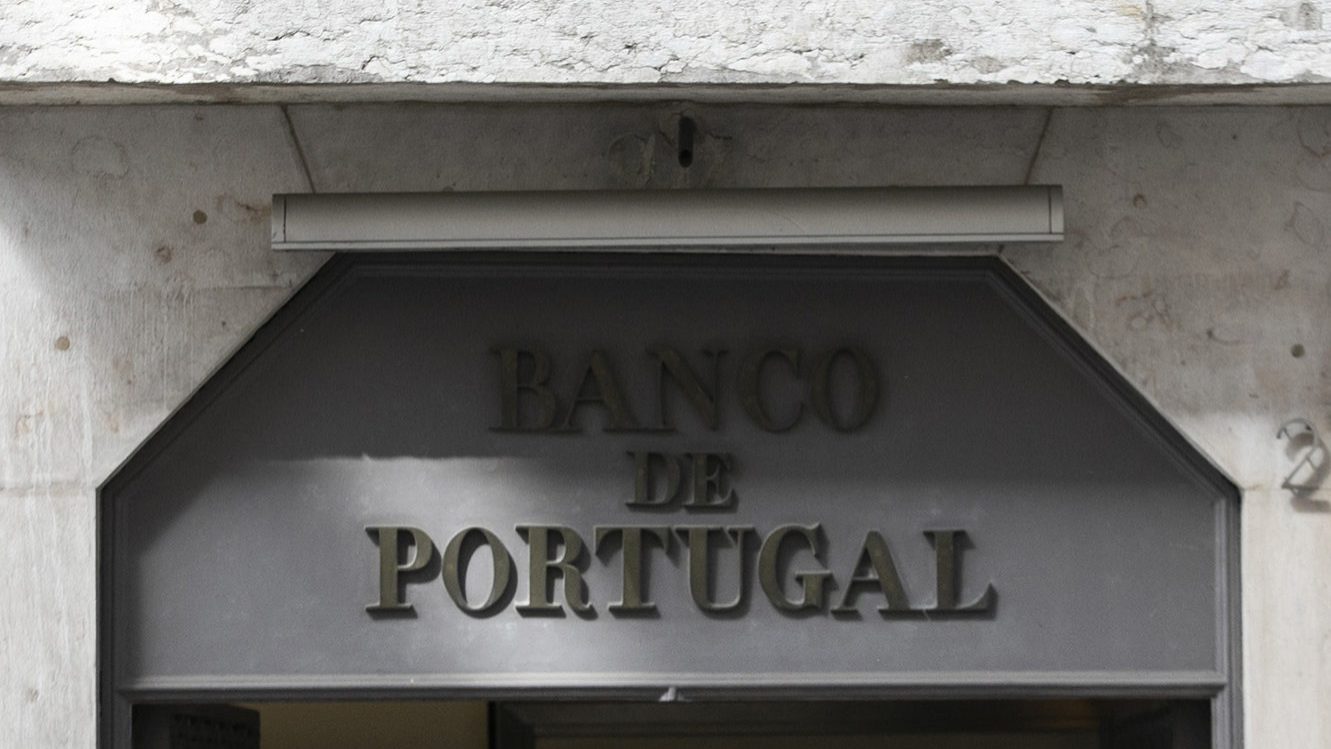UNHCR asks for Portugal’s leadership on issue of refugees in EU
The United Nations High Commissioner for Refugees (UNHCR) asked Portugal to "show leadership" on the issue of migration during the EU Council Presidency.
The United Nations High Commissioner for Refugees (UNHCR) on Tuesday asked Portugal, during its presidency of the EU Council, to “show leadership” on the issue of migration and “better protect refugees in Europe.”
In a document entitled “UNHCR Recommendations for the Portuguese and Slovenian EU Council presidencies,” the UN agency asks the two countries to “negotiate a sustainable reform of the asylum system” and “provide greater support to countries and regions where most refugees live.”
Welcoming the “direction” taken by the EU when the Commission presented the Pact on Migration and Asylum in September 2020 – and which is currently under negotiation in the EU Council – the UNHCR head for European Affairs, Gonzalo Vargas Llosa, said he “trusts that member states will seize the opportunity to lead by example” and stressed Portugal’s place in these negotiations.
“The European presidencies of 2021 have a central role to play in facilitating the discussions which will create a path towards a common European asylum system to protect people fleeing war and persecution.”
In this context, the UN agency calls for the establishment of a “predictable solidarity mechanism” between the different EU member states and stresses the need to ensure “sufficient and adequate funding to support refugee relocation programmes.”
With regard to rescue operations in the Mediterranean, the UN agency also encourages Portugal to “encourage member states to include an explicit provision in national law of each member state prohibiting the prosecution of actors carrying out rescue and salvage operations at sea.”
The agency also highlights that the “integration” of refugees in the European area should be promoted – through measures such as the implementation of integration programmes – and urges Portugal to guarantee “access to European territory for asylum seekers, including those who arrive illegally in the EU, in accordance with the right to asylum and the principle of not sending them back”.
As regards aid to developing countries – where, according to the agency, 85% of the 79.5 million people forced to flee their homes live – the UNHCR also highlights the need to “ensure that funding for forced displacements goes hand in hand with an EU policy that promotes better protection for refugees in host countries and regions.
Underlining that he “hopes that 2021 will open a new chapter in refugee protection,” Gonzalo Vargas Llosa also stresses that EU leadership on this issue “is more necessary than ever.”
“In a fragile global environment, a life-saving EU that protects refugees in Europe and the world and finds solutions to end forced displacement and build resilient societies is more necessary than ever,” he said.


